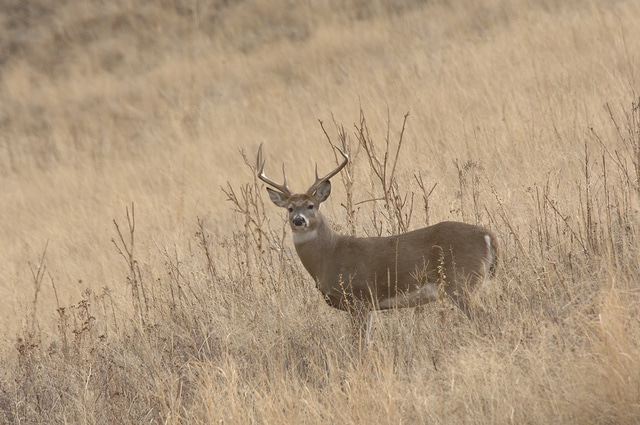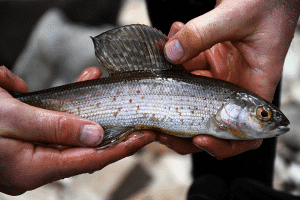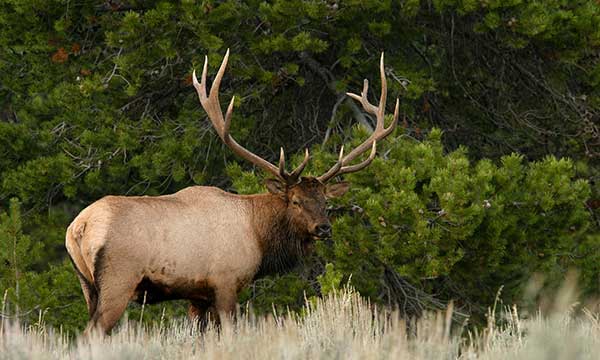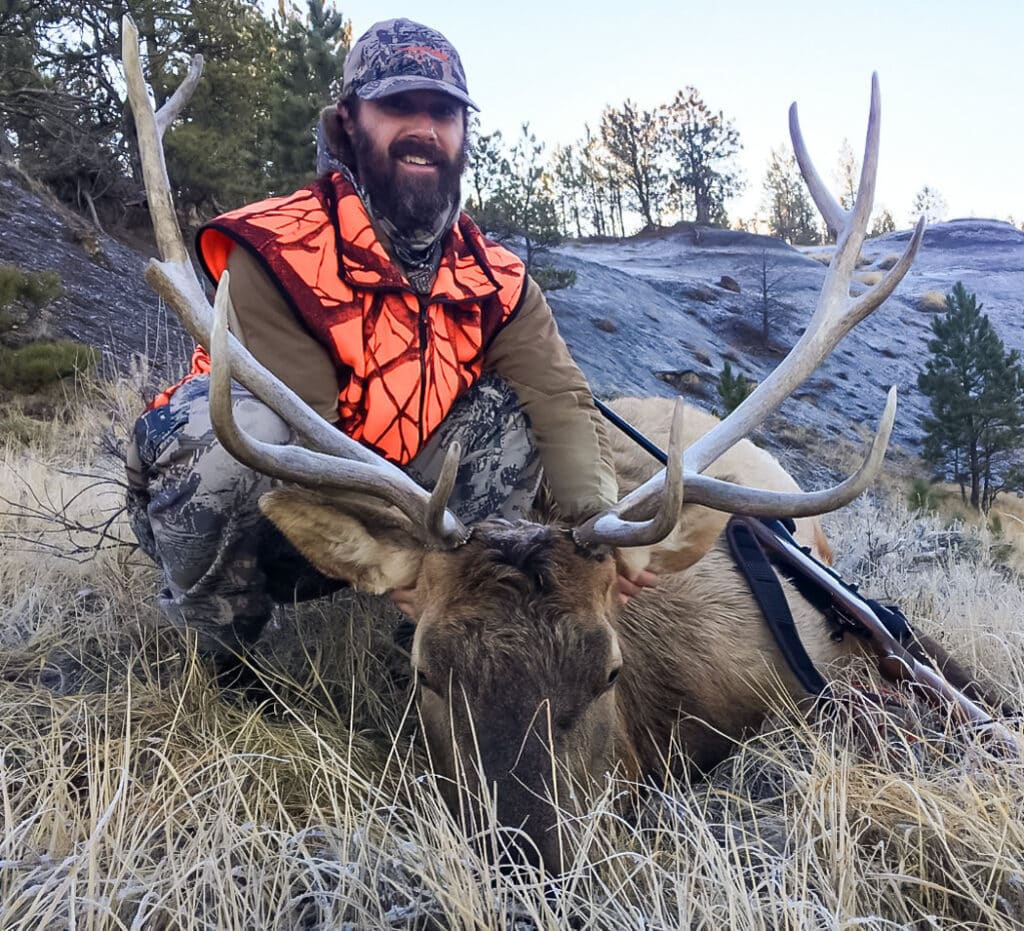Last December, President Trump announced that protections will be removed from the Grand-Staircase Escalante National Monument and Bears Ears National Monument. He is also considering similar changes to several other national monuments.
These actions by the President to close off our public lands ignored overwhelming support by the majority of Americans who have stated that these places should be left alone. Last May, MWF conducted a scientific poll of Montanans which found that 58% of respondents said that we should leave national monuments the way they are, with an additional 16% calling for more land to be protected through more monument designation rather than less.
Despite public support for national monuments, Congress is now fast-tracking legislation that would further damage these public lands:
- HR 3990 would rewrite the Antiquities Act to make wildlife habitat ineligible for protection in national monuments and give local politicians veto power over monument designations.
- HR 4558 would repeal protections for the Grand Staircase-Escalante National Monument and put federal lands under control by special interests.
- HR 4532 would ignore local support and open up the Bears Ears National Monument to mining and looting.
Latest Alec Underwood News
Make A Difference
Your generous donation supports Montana Wildlife Federation’s work conserving our wildlife, wild places, and hunting and angling opportunities for current and future generations.





